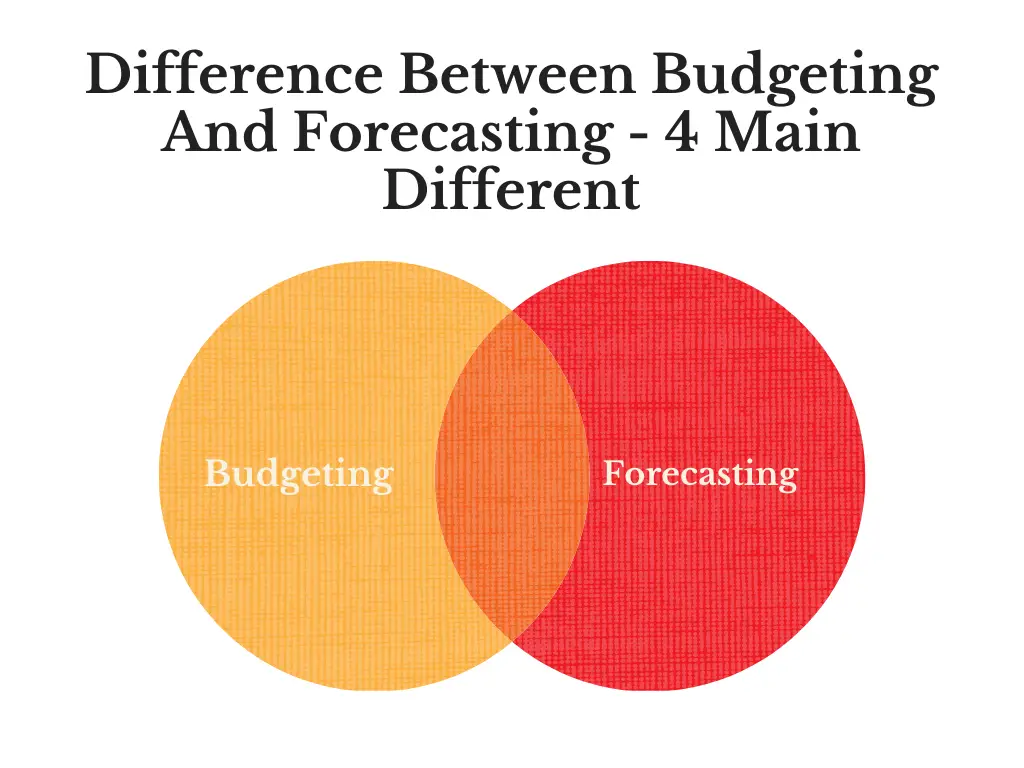1) Budgeting Meaning
Budgeting is the process to create plans or estimates using the prior period items and adjusting to upcoming requirements to create a future projection for the upcoming period. Budget is also widely known to show a roadmap to the vision of the company.
It enlists all the expenditure and income with certain caps on the expenditures to be made during the year. The process of budgeting depends on the size of the company.
The budget is done with inputs from various departments of the company. In smaller businesses, however, budgeting is done by the owner itself.
2) Features of budgeting
- The budget is generally prepared for half-year or year depending on the requirement of the management.
- Budgeting is used by management to help a company stay as per the vision statement.
- The budget is the crux of financial position, and the cash flows that the enterprise wants to achieve during the current period.
- With the help of a budget compared to actual performance, performance-based compensation can be triggered.
- Budgeting creates a baseline to compare actual results to determine how the results vary from the expected performance. The financial health of a business can be known by comparing actual results to the budget.
- The budget helps to provide financial metrics that management can use to assess financial progress
3) Forecasting meaning:
Forecasting is a projection of what is going to happen at a higher level i.e. for items like sales and cost of goods sold. Forecasting can be done for both short term and long term.
Forecasting can be used as a financial tool to ascertain the financial status of the company. The forecast like revenue forecast adjusts for headcount, plans for various products, and inventory levels that businesses would require to produce and distribute the physical products. Forecasts are used to identify trends to grade the financial position of the company.
4) Features of Forecasting:
- Forecasting is reserved for large ticket items only and does not go through breakdown items. They are limited to revenue, cost of goods sold, and do not break them further. Forecasts generally show summarized projections of major revenues and expenses.
- Forecasting is updated at each regular period.
- Variance analysis is not required to compare forecasts to actual performance. Rather, the actuals are used to help predict financial results.
- Forecasting metrics are not required to determine the compensation of any employees.
- The company can use financial forecasting and take immediate action based on the forecasted data.
- Rolling forecasts are based on real-time data and hence they provide more relevant information than static forecasts.
Differences Between Budgeting and Forecasting

| Basis | Budgeting | Forecasting |
| Timeframe | Budgeting is generally prepared for a more extended timeframe of 1 to 5 years. However, monthly budgets are also regularly prepared for departments or projects. | Forecasting is done for series of periods. This can be done for the upcoming 5 quarters or so on. |
| Reporting of variance | The actual performance must be compared with the budget prepared at the beginning | There is no requirement to compare actual results to forecasted as there would be no benefit to be derived. |
| Items of Statements | Budgeting breaks down the items in the statement. For e.g., revenue is further broken down into segments either by product line or department wise. | Forecasting only targets major items of financial statements. There is no further breakdown of items. |
| Disclosure requirements | Budgeting is prepared for internal use generally. | Forecasting is required to be disclosed in the case of listed companies. |
| Employee compensation | Since budget is compared to actual, it would be rational that budgeting does trigger employee compensation benefits | There is no comparison, hence, the question of employee compensation does not come out. |
| Prediction of finance | The past data are used hence this is a derivation of stale data. | Since it is updated every period, the real-time data helps to keep forecasting data in line with reality |
| Usage | Budgeting is used for formulating strategies and goals at the senior management level. | Forecasting is used to target various decisions in specific areas. |
Both budgeting and forecasting should be used together as complementary. The budgeting statement may become stale after the appropriate time; it enhances the level of transparency among various departments and also puts the responsibility and accountability among the employees.
The deficient aspects of budgeting can be utilized by forecasting effectively. This provides real-time data and projects financial statements to guide the enterprise even when the budget has been finalized.
Both budgeting and forecasting are important tools of management
